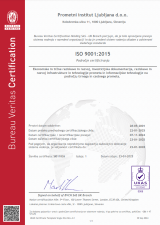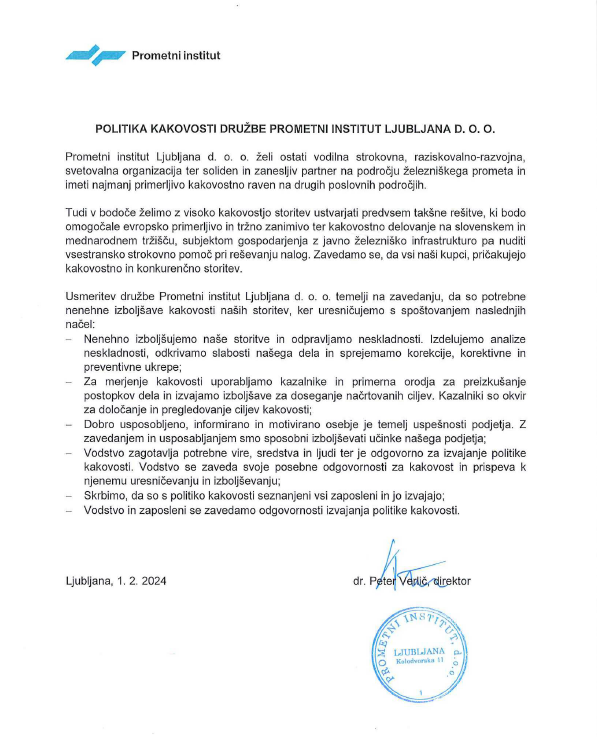As demonstrated by the pilot project to introduce combined train & bus tickets on the lines Ljubljana – Opicine (train) and Opicine – Trieste (bus), integrated ticketing is best implemented in phases, comprising the following steps: build the technology to support the system, implement a cross-border revenue sharing system, develop user services and system solutions (e.g. different pricing groups on each border side), build trust in integrated ticketing on the side of both users and train operating companies.
The easiest way to implement integrated ticketing is through a single ticket, which can later be expanded to an account-based system. Users of CONNECT2CE tool for cross-border integration of ticketing systems and pricing structures across different modes and operators (ITT TOOL) will notice that the most feasible way to implement integrated tickets in the starting phase is through barcodes. This approach is recommended for several reasons:
- it provides a standardized ticket encoding solution (UIC standard for AZTEC 2D barcode),
- tickets can be printed out by customers (at home or on a blank ticket sheet) or displayed on mobile phone or tablet screens,
- it offers an easy way to scan ticket data because bar code readers are inexpensive and hence widely used in logistics and commercial systems.
When integrated ticketing is upgraded from a ticket-based to account-based system, each customer has an account with the transit authority and holds an electronic token which associates them with the account. Barcodes allow customers to identify themselves to the system using their respective token, with all information regarding the ticket retrieved from the account data stored in the central database. Integrated tickets can later be expanded to support other flexible ticketing technologies, as well, such as RFID tags and NFC.
The integrated ticketing scheme introduced on the line between Ljubljana and Trieste uses a web application based on barcodes, an efficient pricing structure and a clearly defined revenue sharing system. The scheme was largely successful and has a lot of regular users, so it makes sense to continue building on it. The objective at hand concerns the feasibility of expanding the ticket to urban bus services in Ljubljana and also include special offer discounts, e.g. for visiting pay-per-view tourist sights in both cities.
CONNECT2CE project deliverables and prospects for the future will be presented at the project’s final conference, which will take place online on 28 May 2020 at 9:00 and 13:00.
To join the conference, please enter the link below in your browser on a PC, tablet or smart phone:
https://global.gotomeeting.com/join/316297365
You can also join in over telephone by dialling the number below.
Italy: +39 0 230 57 81 80

